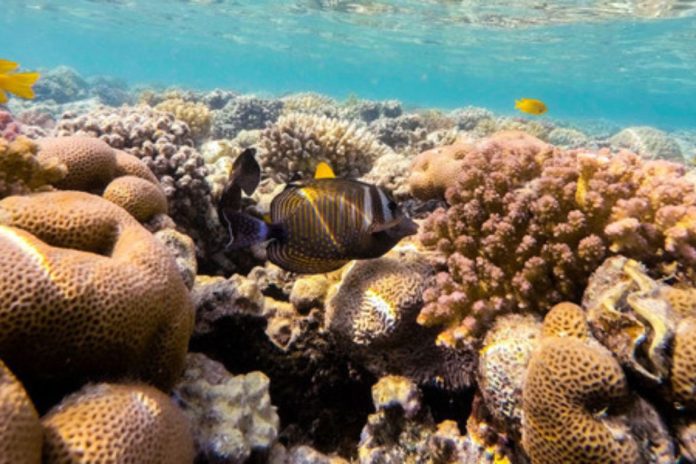Natural sea sponges are some of the most fascinating and oldest creatures in the ocean, with origins that date back over 600 million years! Despite their simple appearance, these ancient animals have unique characteristics that play a vital role in ocean ecosystems. Here are some amazing facts about these unusual organisms:
1. Living Filters of the Ocean
Sea sponges are filter feeders, meaning they pump water through their porous bodies to filter out tiny particles of food. They can filter thousands of liters of water per day, removing bacteria and organic debris, which helps maintain clean, healthy ocean water. In fact, sponges play a significant role in maintaining water quality and overall ecosystem health.
2. One of the Oldest Animal Groups on Earth
Fossil records show that sponges have existed for over 600 million years, making them one of the earliest animal lineages. They were present in oceans long before dinosaurs or plants appeared on land. Their ancient survival is partly due to their simple, adaptable structures, which have allowed them to thrive in diverse environments for millennia.
3. Structure and Diversity
Sea sponges have a wide range of shapes, sizes, and colors. They come in forms as varied as tubes, fans, and barrels, adapting to different habitats across the ocean. Scientists have identified about 8,000 species, but it is estimated there may be tens of thousands more, many of which live in deep, unexplored regions.
4. Remarkable Regenerative Abilities
Sponges can regenerate lost parts and even reconstruct their entire bodies if broken apart. They can reform from small pieces, which is an adaptation for survival in harsh environments. Some species can also “clone” themselves through budding or fragmentation, creating new individuals from pieces of their own tissue.
5. Vital Symbiosis with Other Marine Life
Sponges host various microorganisms, such as bacteria and algae, in a symbiotic relationship. These microorganisms provide the sponge with nutrients, and in return, the sponge offers a protected habitat. This relationship contributes to biodiversity and supports life in underwater ecosystems.
6. Biochemical Wonders
Sea sponges produce a variety of chemicals to protect themselves from predators and infections. Some of these chemicals have been found to have medicinal properties, including potential anti-cancer, antiviral, and antibacterial benefits. Marine biologists and pharmaceutical researchers are actively studying these compounds for new medical treatments.
7. No Nervous System, No Problem
Despite lacking a nervous, digestive, or circulatory system, sponges function efficiently by relying on their porous structure and specialized cells. The unique design allows them to absorb nutrients directly from the water and expel waste in a simple yet effective manner.
Natural sea sponges are more than just filter feeders—they are keystone organisms with ancient origins and incredible adaptations that support ocean health. They may seem simple at first glance, but these ancient animals hold secrets that continue to inspire researchers and contribute to medical discoveries, all while maintaining the delicate balance of our ocean ecosystems.









